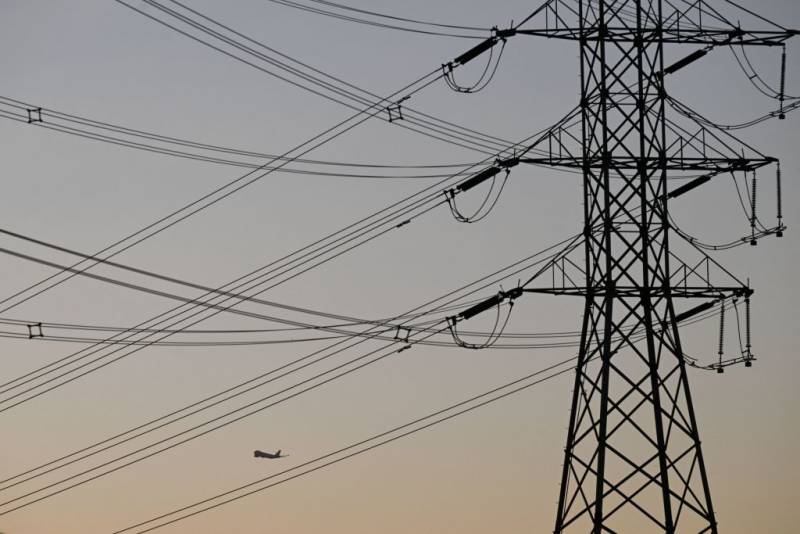State utility regulators have proposed reducing the cost of residential electricity bills for lower-income Californians and those living in parts of the state most impacted by extreme weather — mainly heat. The changes would also incentivize electrifying personal cars and in-home appliances.
A big reason for the proposal is how California’s largest power companies currently calculate rates. The more power you use, the more money you pay — not just for electricity but also for things like maintaining the grid and reducing wildfire risk. When the temperature spikes, so do electricity bills, leaving some customers with monthly payments over $500.
What is the proposed change?
The proposal applies to large investor-owned utilities like PG&E. It would divide monthly energy bills into two parts:
- A “flat rate” that covers infrastructure costs like wires and transformers. That rate would be $24.15 and less for income-qualifying customers in the California Alternate Rates for Energy (CARE) (the rate would be $6) or Family Electric Rate Assistance Program (FERA) programs (the rate would be $12).
- A “usage rate,” which is how much you pay for a unit of electricity. This rate would be 5–7 cents per kilowatt hour lower than the current electricity rate.
Whose bills would go down?
The changes are designed to bring down the bills of lower-income Californians, especially those living inland where it is hotter and the need for air conditioning is higher.
During peak hours, when electricity is in the most demand and the most expensive, rates for customers of the state’s big three utilities — Pacific Gas & Electric, Southern California Edison and San Diego Gas & Electric — would fall between 8% and 9.8%. That means the average customer in Fresno, where temperatures were at or above 100 F for 17 days last July, would save about $33 during the summer months, according to the California Public Utilities Commission.
There would also be a reduction in bills for customers who electrify their homes or vehicles, regardless of income or location.
People who own electric cars and charge them at home would save about $25 per month on average, while people who have fully electrified their homes — including replacing gas-powered stoves — would save about $19 per month. Other customers whose bills are not impacted as much by the weather would likely see an increase.
Whose bills would go up?
Some non-lower-income customers may see an increase in their bills, and people who have rooftop solar may also see an increase in their monthly bills.
Mohit Chhabra, who works on electricity pricing at the Natural Resources Defense Council, said the average non-low-income customer’s bills will either stay the same or go up by around $10 a month.
“Wealthy solar customers are the most likely to pay more. In our estimate, they’re likely to pay between $10 and $20 more a month,” Chhabra said.
Why do we need this?
Proponents of the changes say customers with low income are paying more than their fair share of the costs of maintaining the electricity grid, and this will change that.
California is one of the only states that doesn’t already have a fixed charge for its largest utilities, and the state Legislature ordered regulators in 2022 to implement one by July 1 of this year. Since then, power bills have only gotten more expensive. Regulators approved an average increase of $32 per month for Pacific Gas & Electric Company customers just last year. The average price per kilowatt hour of electricity for California’s big three utilities — Pacific Gas & Electric, Southern California Edison and San Diego Gas & Electric — is about 36 cents, compared to the national average of 17 cents.
